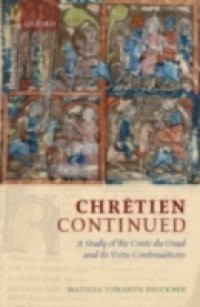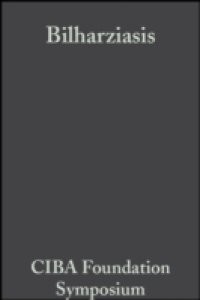Matilda Tomaryn Bruckner provides the first book-length examination of all four verse continuations that follow Chrétien's unfinished Grail story, a powerful site of rewriting from the late twelfth through the fifteenth centuries. By focusing on the dialogue between Chrétien and the verse continuators, this study demonstrates how the patterns and puzzles inscribed in the first author's romance continue to guide his successors, whose additions andreinventions throw new light back on the problems medieval readers and writers found in the mother text: questions about society and the individual; love, gender relations, and family ties; chivalry, violence, and religion; issues of collective authorship and doubled heroes, interpretation, rewriting, and canonformation. However far the continuations appear to wander from the master text, the manuscript tradition supports an implicit claim of oneness extending across the multiplicity of discordant voices combined in a dozen different manuscript compilations, the varying ensembles in which most medieval readers encountered Chrétien's Conte. Indeed, considered as a group the continuators show remarkable fidelity in integrating his romance's key elements, as they respond sympathetically to thedynamic incongruities and paradoxical structure of their model, its desire for and deferral of ending, its non-Aristotelian logic of 'and/both' in which contiguity forces interpretation and further narrative elaboration. Unlike their prose competitors, the verse continuators remain faithful to the dialectical movementinscribed across the interlace of two heroes' intertwined stories, the contradictory yet complementary spirit that propels Chrétien's decentered Conte du Graal.




















